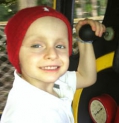The Childhood Cancer Blog
The Childhood Cancer Blog
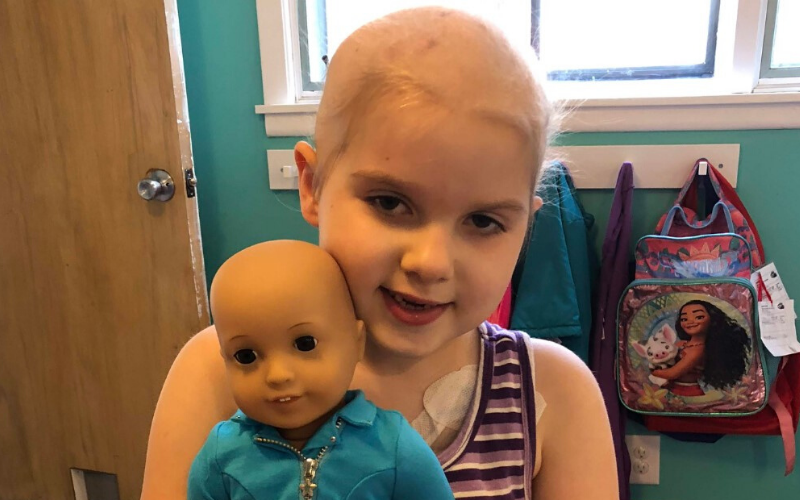
Sylvia was diagnosed with medulloblastoma, when she was 6 years old.
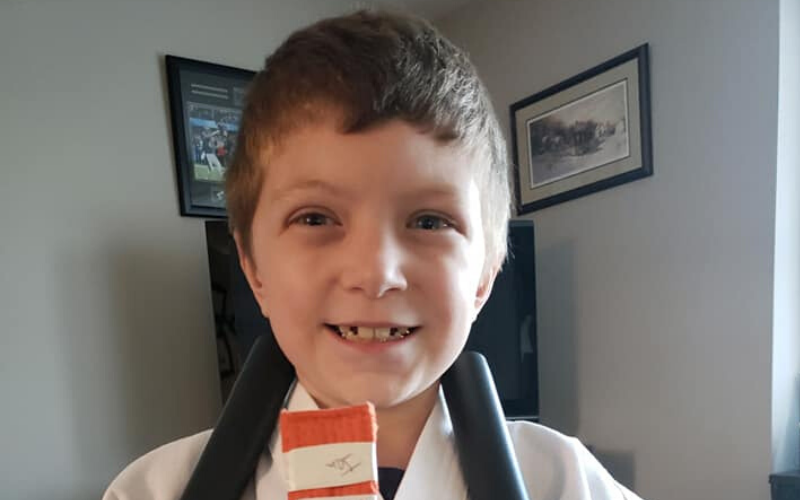
Frankie recently received his orange belt. He continues in treatment for pilomyxoid astrocytoma.

Ryan, diagnosed at 22 months with ependymoma, is now 11 years old.
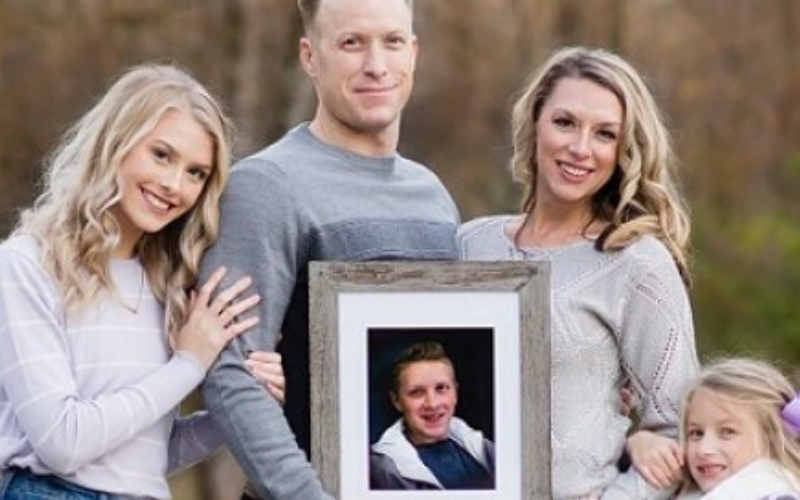
Austin was 15 years old when he lost his life to DIPG.
Frankie was just 6 years old when his parents rushed him to the emergency room. Within hours, Frankie was diagnosed with a brain tumor called pilomyxoid astrocytoma.
Pediatric brain tumors account for about a quarter of all childhood cancer diagnoses. Each brain tumor diagnosis is different — there are hundreds of types and subtypes, each requiring a different treatment and with a different prognosis. For kids like Frankie, the day of diagnosis changes everything. Regular days at school turn into days at the clinic. Family vacations are postponed because of hospital stays and... Read More
Last weekend, Alex’s Lemonade Stand Foundation held its first-ever Virtual End Childhood Cancer Run/Walk 5K. More than 2,000 participants in 46 states and five countries came together to go the distance in their neighborhoods, local parks and on their treadmills. The result: ALSF is able to help more than 400 families who are facing a childhood cancer diagnosis during the COVID-19 pandemic by fulfilling immediate needs.
The money you raised has enabled ALSF to provide grocery assistance, extended safe, isolated lodging and facilitating travel through ALSF’s... Read More
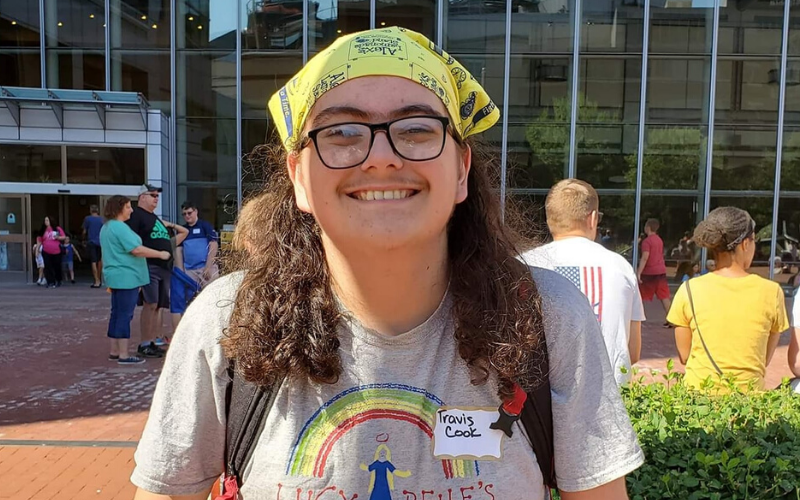
Travis Cook was 8 years old when he diagnosed with an inoperable grade II diffuse infiltrating glioma. Travis is 18 years old and will graduate high school in 2020.
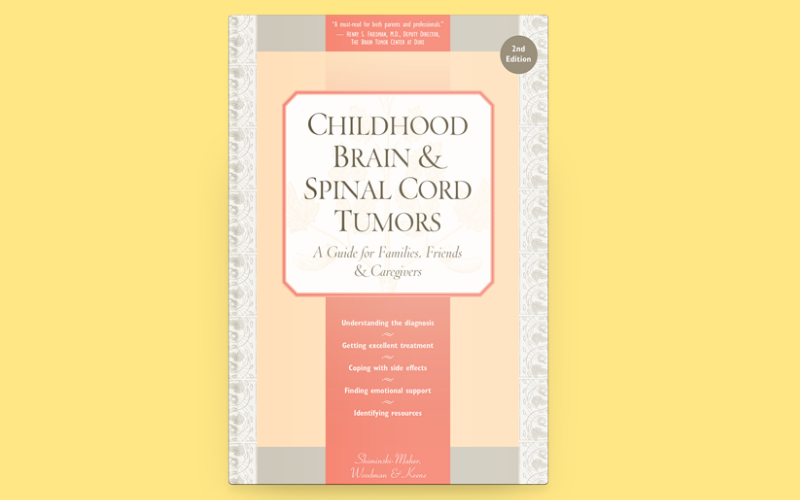
The Childhood Brain & Spinal Cord Tumor Guide is an invaluable resource for families.
When Beth Cook’s then 8-year-old son Travis was diagnosed with a brain tumor, she did not know what to say.
“I did not know what to tell Travis, but I had to tell him,” recalls Beth. “I told him there was something in his head that didn't belong there, but it was going to be ok because he had the best doctors in the world taking care of him. I didn't know if that was the right thing to say, but it comforted him. I was a lot less confident than I showed.”
The story is similar for most childhood cancer families — the diagnosis is a shock, and... Read More
Pages








